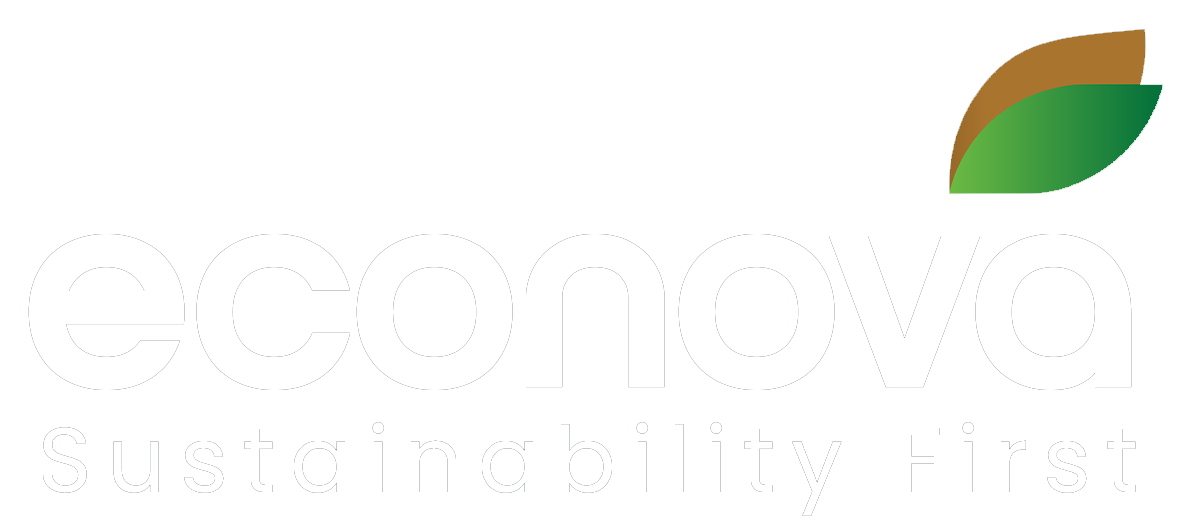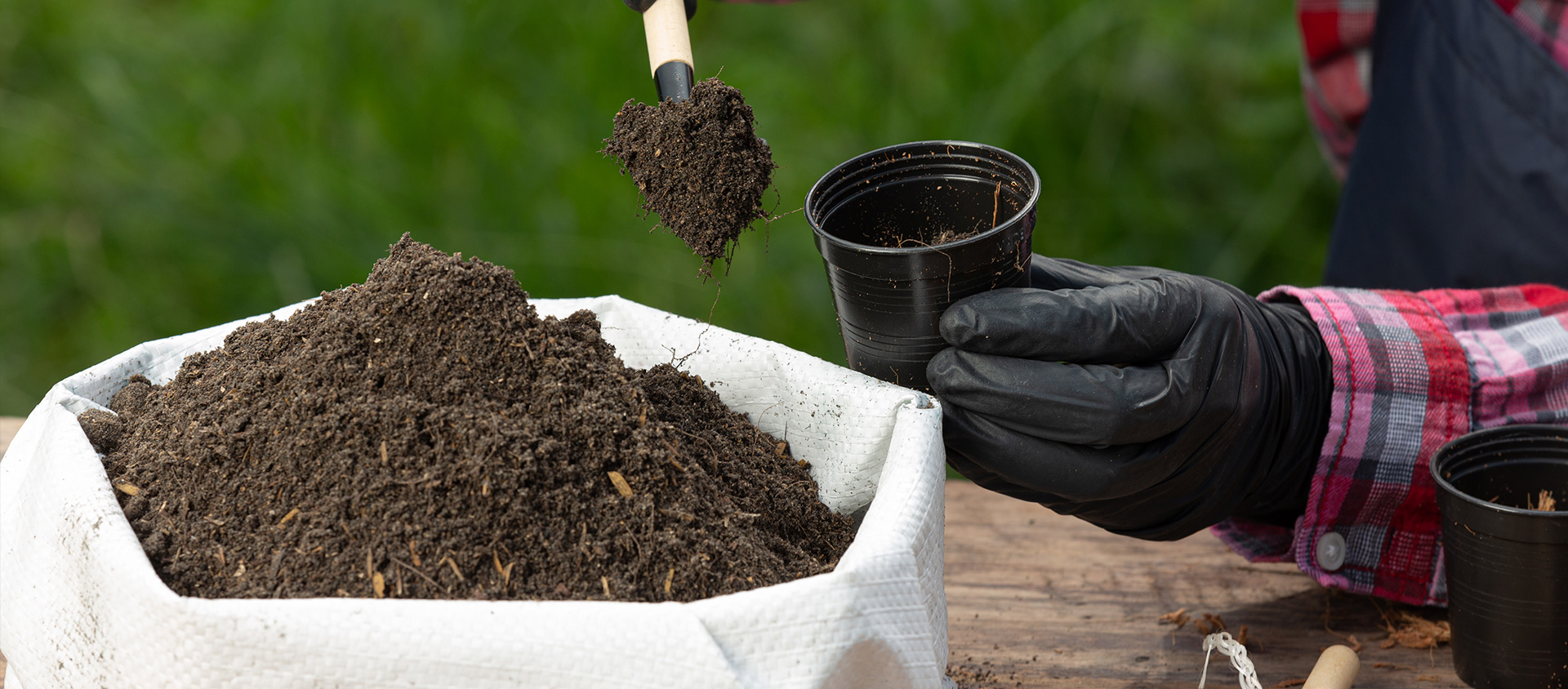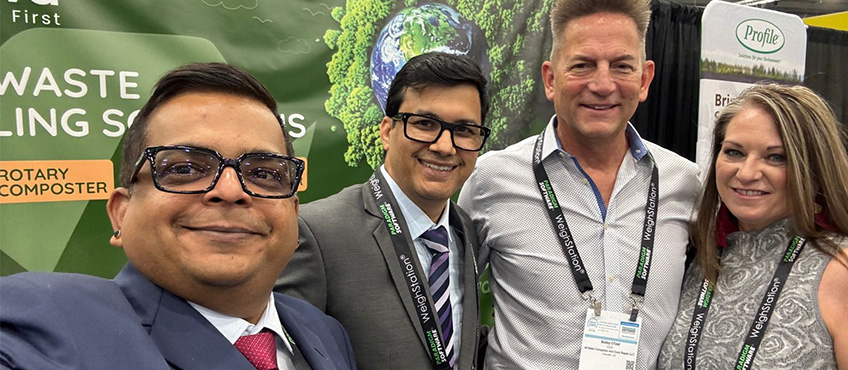Food waste is a growing crisis, with nearly 40% of all food in the U.S. going to waste. When food decomposes in landfills, it releases methane, a greenhouse gas 80 times more potent than CO₂. Beyond environmental harm, food waste also means wasted resources such as water, energy, and labor used in food production.
Instead of letting food rot in landfills, composting offers a powerful solution by transforming organic waste into nutrient-rich soil. This process not only supports agriculture but also reduces the need for chemical fertilizers and helps restore soil health. Composting allows businesses and communities to close the loop on food waste and contribute to a more sustainable future.
Businesses that adopt composting solutions benefit in multiple ways. They can significantly lower waste disposal and landfill fees, meet sustainability goals aligned with corporate ESG targets, and improve operational efficiency by reducing waste volume and transportation needs. Consumers are also increasingly favoring businesses that implement eco-friendly practices, making composting a smart investment for long-term growth.
Advanced composting technologies, such as those developed by Econova Technologies, are making waste management more efficient than ever. Automated systems accelerate the composting process, making it easy for businesses, municipalities, and institutions to implement large-scale composting programs. By leveraging innovative solutions, organizations can turn waste into valuable resources while reducing their environmental impact.
As the world moves toward more sustainable waste management practices, composting is becoming a necessity rather than an option. By embracing composting solutions, we can reduce landfill waste, lower emissions, and create a cleaner, greener planet for future generations.



